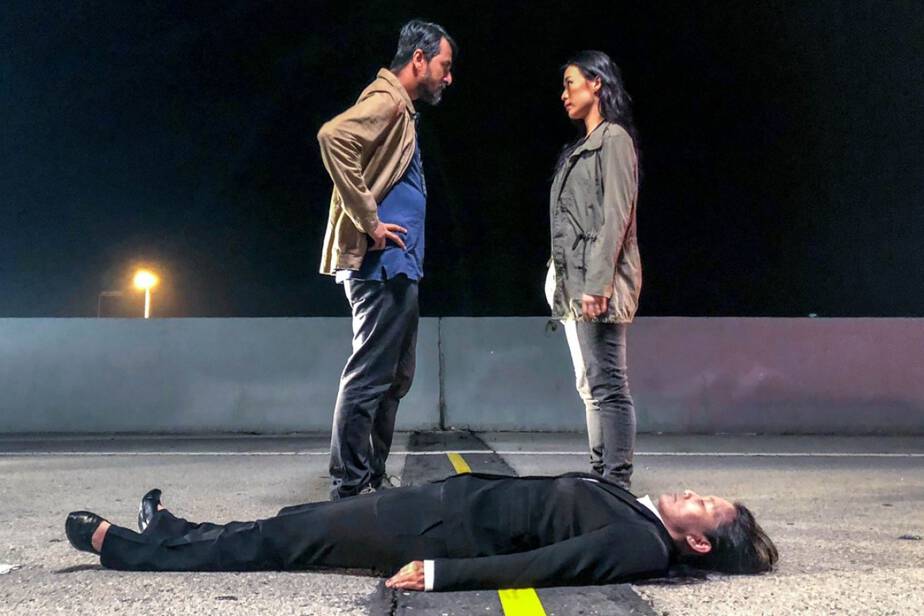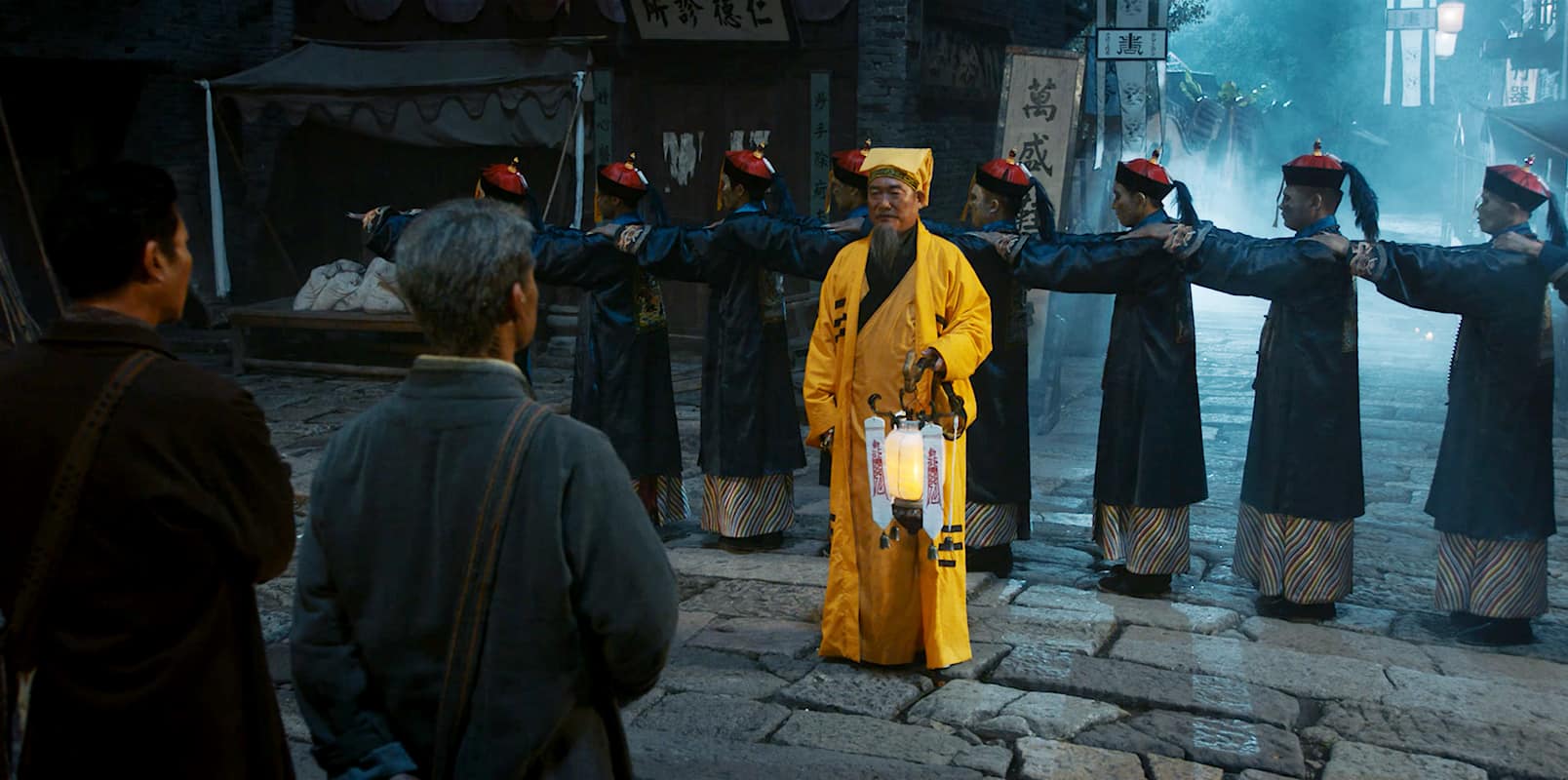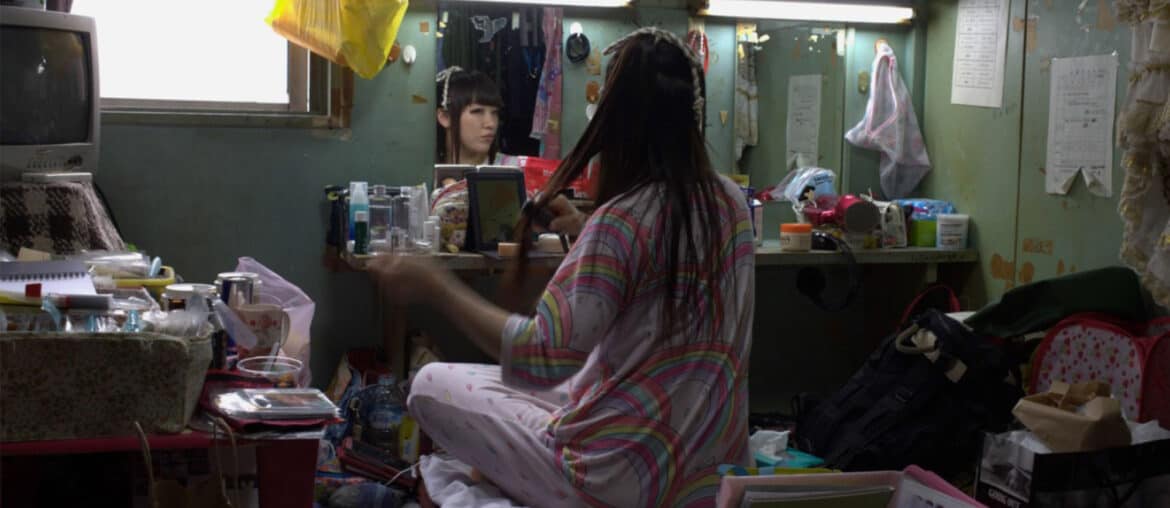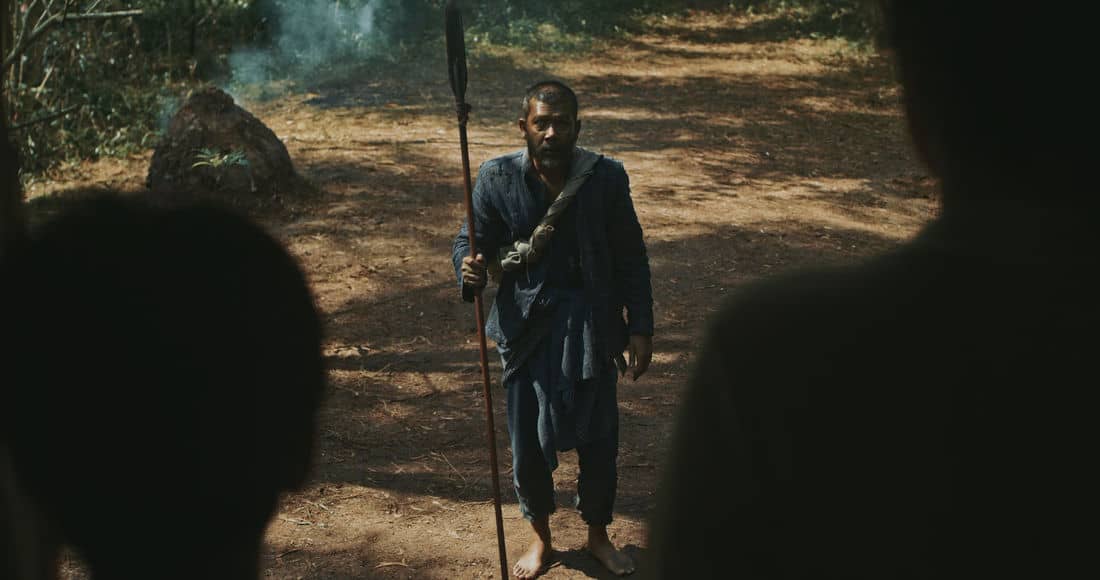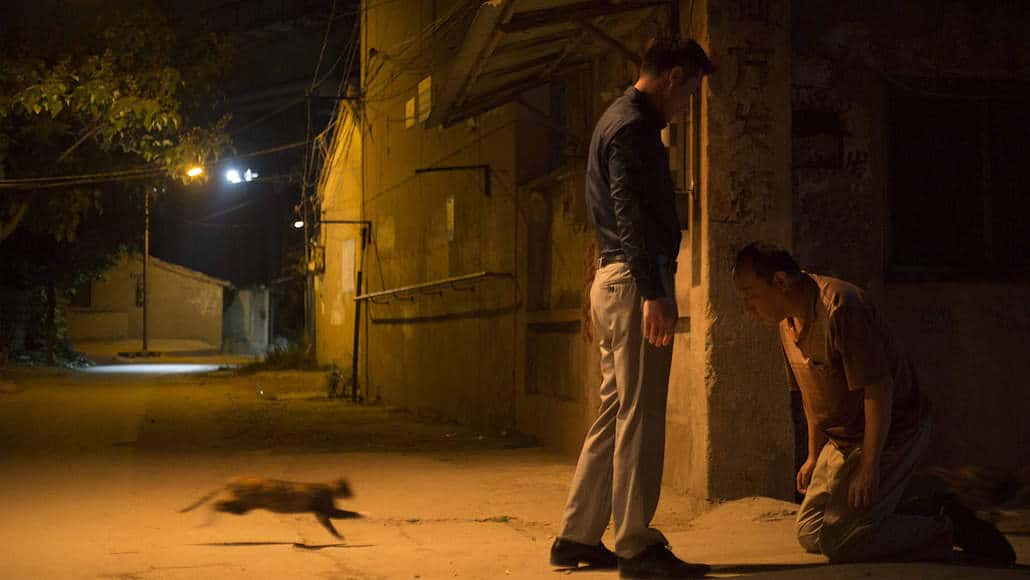Based on the homonymous Scandinavian noir crime series, which has already been remade in British-French, American and Russian settings, it was high time for an Asian adaptation, with the two countries involved this time being Malaysia and Singapore, in the first Malaysian TV show to be aired on HBO Asia .
The lights go out over the second link bridge between Malaysia and Singapore one night, while someone seems to have hacked all the camera systems, leaving no trace of how a body ended up exactly halfway between the two countries. Soon after the discovery, it is revealed that the split-in-half body actually belongs to two different women, leading up to a co-investigation between the international crime divisions of the two countries. Megat represents Malaysia and Serena Singapore, in a highly incompatible duo that is tasked with solving the murder. Megat is a father of three children, a daughter from his previous marriage, and two boys from his current, while his professional style involves using his charm, trusting his gut and occasionally bending the rules. Serena on the other hand, is obviously very intelligent, but also quite socially awkward, stickler for the rules and in general, hard to cooperate with. As the case escalates and begins involving even higher echelons, the two unlikely partners have to put their differences aside and solve the case as the pressure piles up on both them and their higher ups, while at the same time, deal with their personal issues.
At this point, I would like to mention I have not read the novel nor watched the previous adaptation; therefore, my review will examine the series as a standalone title and not through any kind of comparisons.

The two most impressive aspects of the title are the build-up (escalation if you prefer) of the case and the rich social commentary. Regarding the first aspect, both the writers and the directors of the title have done a great job presenting a case that unfolds smoothly as it spreads on a number of different paths, resulting in an intricate story that carries the series for the whole of its ten episodes. This tactic (which I would prefer not reveal further in fear of spoilers) additionally allows for a thorough and multi-leveled analysis of the two main characters, which results in the spectator feeling a growing sense of sympathy for the two of them, while also providing much entertainment.
This element benefits the most from the performances of the two actors, with the differences Bront Palarae and Rebecca Lim (who had freckles added to her face in order to look a bit more rundown and tough) exhibit through their characters being one of the most amusing parts of the series. Furthermore, their chemistry is excellent and also carries the title for its whole duration, as we watch two radically different characters become friends, slowly and reluctantly. Their performance becomes even better as the story becomes more dramatic, with Palarae also being quite good in highlighting his struggles as a family man, and Lim as a woman who acknowledges her social issues but does not seem to be able to overcome them.
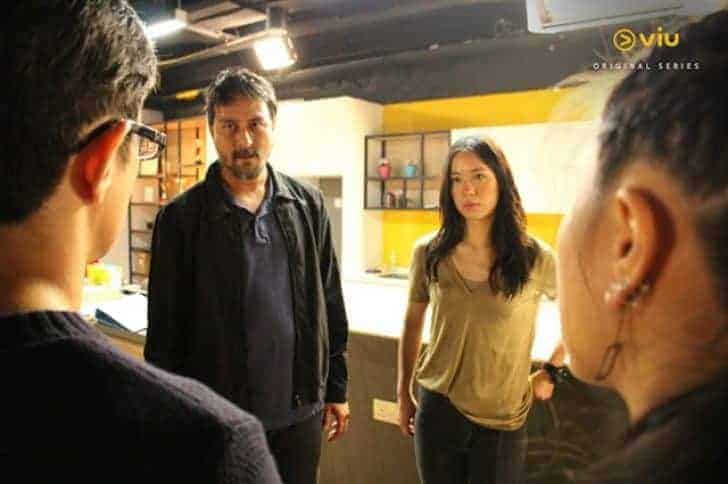
The social commentary manages to extend in a number of sociopolitical subjects, in a rather harsh critique that adds “substance” and depth to the series. In that fashion, corruption, the ties between the capital and the authorities, human trafficking, the role of the press and particularly the click-bait tactics of news websites, all get their share, through an approach that combines realism with entertainment.
The production values of the series are also quite good, highlighting its big budget particularly through the use of many locations. Starting with the bridge and continuing with the police departments, Megat's house and the various abandoned buildings the action mostly takes place one, these setting highlight the job done in the cinematography department. The editing allows for a changing rhythm (relatively slow in the social scenes and faster during the dealing with the case) that suits the overall aesthetics greatly. The only fault I found is that the production is a bit too polished for my taste, particularly in the use of intense lighting, although not to a significant point.
“The Bridge” is a very rewarding title that carries the interest from the first to the last episode through its intriguing but realistic narrative, direction, acting and social commentary.


